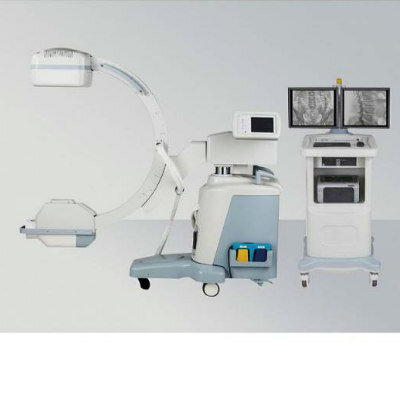Novel Portable Noncontact Breast Imaging Product Launched
By MedImaging International staff writers
Posted on 14 Jan 2015
A new imaging scanner has been developed that uses non-ionizing radiation, instead of X-rays which cause cumulative damage to the body, to detect abnormal cell clusters in female breasts. The technology can be used to differentiate between healthy and abnormal cells.Posted on 14 Jan 2015
The technology uses 60 GHz radio wavelengths, and signal processing to create scans that can detect and create images of small clusters of abnormal cells. The device has an Ultra-Wideband (UWB) transmitter and receiver, and can create sharp images by using high depth resolution, and polarization, to minimize scattering. The device has planar antenna arrays which provide lateral resolution, and uses wafer-scale beam-forming technology.
The AR60-A product line is a portable device the size of a laptop computer and was developed by TiaLinx Inc. (Irvine, CA, USA). TiaLinx also produces the Viper60-C remote heartbeat detector.
Dr. Fred Mohamadi, founder and president of TiaLinx, commented, "The demand for the development of an affordable device for early-stage breast cancer detection by over 210,000 primary care physicians in the United States, and significantly more internationally, has been a key driver behind the introduction of the AR-60A."
Related Links:
TiaLinx Inc.














